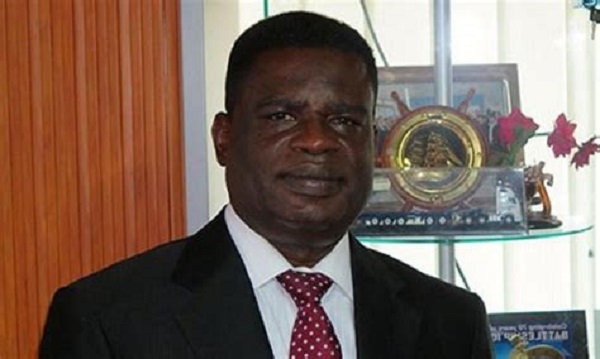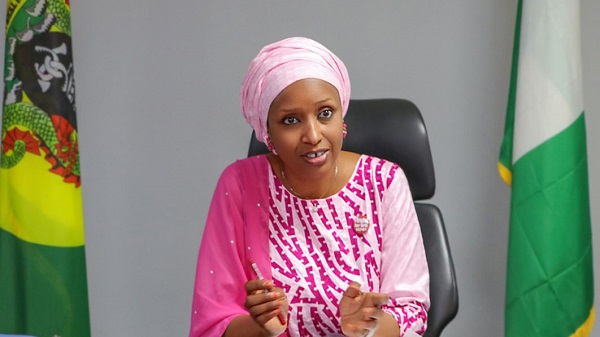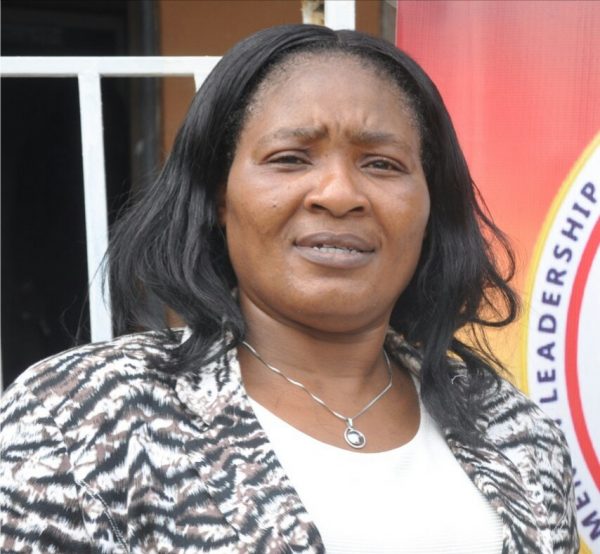National Fleet Can’t Thrive Without A National Maritime Policy – Dr. Mbiah

By Kenneth Jukpor
Dr. Kofi Mbiah is a former Chairman of the International Maritime Organization’s (IMO) Legal Committee in London and former Chief Executive Officer of the Ghana Shippers’ Authority. He was a Guest Speaker at the 20thAnniversary Lecture/ Awards organized by the League of Maritime Editors and Publishers (LOMEP) in Lagos. At the event, he spoke exclusively to MMS Plus as he appraises Nigeria’s bid to get a national fleet, highlighting the existing business opportunities and the importance of germane policies. Enjoy it:
Nigeria bids to have a national fleet. From your veteran standpoint, where is Nigeria presently in this drive to have indigenous vessel owners and more flagged vessels?
Fleet Development is a matter of policy. A nation has to find out if it has the comparative advantage to support the ownership of vessels. It isn’t just about the sentiment of owning a vessel. It is about business and profit. Does Nigeria have the right ingredient for that? Someone rightly pointed out during the event that we can’t have a wholly owned government shipping line any longer because things have changed and what is obtainable today is to have private shareholders and investors. Government should create the enabling environment to ensure that this shipping lines and shipping business thrives.
The government can give tax waivers and preferential rights. All these can be done by the government but it must do it for a private entity in which the government could have a small stake of 10% because the training of the people and management is important just as getting the right caliber of people without unnecessary political interference is also critical. If a nation doesn’t have all of these components then it would be exercising protectionism for an inefficient company. If you do that, within a short time because you can’t gain sustainability, the company would collapse. That is why it is important to have all of these ingredients in place and the shipping line should be operated as a business entity and not as a political entity where government dictates what the line should do and what it should carry.
Nigeria imports a lot of products into the country with over 60 million tonnes of cargo coming into the country every year and the nation is exporting over 2billion barrels of crude oil daily. Therefore, the market is there for Nigeria already; how efficiently this business and the opportunities can be handled is what is important. If there is a higher political interference in the handling of these opportunities then the country can’t turn the business into profitability but if the government doesn’t interfere unnecessarily then the nation can enjoy the profitability available in the business.
We have talked about governments not been able to manage businesses especially in Africa but we have also seen successful business enterprises like Cosco Shipping owned by the Chinese government and other examples in India, Malaysia and Brazil where the tanker fleet of these countries are owned and managed by the government. What has been the challenge in Africa?
You are right, the presenter pointed out the success in China and India. However, one has to examine the history and culture of these people. Look at what they have gone through as respective nations before they got to the stage where they are now. China has conscientized its people over a long period of time and this has made it possible for them to run a government entity efficiently. If a nation doesn’t have such history and culture, then it means it wouldn’t be possible to have government owned business enterprises thrive. There is a level of work ethic and culture required for this and a nation without these ethics can’t achieve the same result.
In Malaysia, India and the rest, even though they have tried to have government owned entities over the years and recorded some degree of success; they are trying to move away from such strategy. You can cite the success of China and India but they have a unique history that Nigeria, Ghana and most African countries don’t have. In Africa, we have had a history of liberty and freedom such that we didn’t conscientize our people so that they become weary of crime or corruption. It is not like there isn’t crime or corruption in China or India but the underlying factor has been the work ethic. In Nigeria and Ghana for instance, the work ethic is that if something belongs to the government then it belongs to ‘no one’ but in China, the work ethic is that if an organization or anything belongs to the government then it belongs ‘us’. That differential in work ethic has been the major difference with regards to managing government entities.
What are the key issues Nigeria has to address in its bid to get a national fleet that would be sustainable?
The first thing is to appreciate the role of shipping and maritime in the nation’s economy. Where does Nigeria place the role of the seas and oceans in the economic development plans and projections of the nation? Does the government give the sector the requisite priority?
For instance, in the United Kingdom, they believe that the prosperity of the economy is tied to the seas hence, the formulation of their maritime policy and their economic development is based on what the sea contributes. We must understand that the blue economy is the driver of the economy of any nation from the seas. If we appreciate that and also acknowledge the fact that shipping is cardinal for the nation’s economic growth as far as oil and gas is concerned, then the seas have a very important role to play.
Is the government willing to channel its resources to this aspect of the economy? This leads us to the aspect of policies. Are there policies that appreciate the role of the seas? If there are such policies, then there is need for a cluster approach in which we are looking at not just seafaring for the creation of jobs but also boat building, ship repair yards, recreation, boat facilities, fishery, etc.
All of these issues can be addressed with the development of a comprehensive national maritime policy. That policy is critical because it would lead the nation to all the lofty goals it has for the shipping sector. The policy development in Nigeria especially as it affects the economy should be drawn based in the roles of the seas and oceans.
Another problematic issue in Nigeria is the continuous sale of the nation’s crude on Free on Board (FOB) basis rather than Cost, Insurance and Frieght (CIF). How significant is this to the establishment of a sustainable national fleet?
It is important that Nigeria begins to think about the value it could add in the oil and gas industry, fishery, and other aspects of shipping. If transportation plays a very important role in all these activities, then that added value must be found and added so that the nation benefits more from it.
If you take a look at the logistics industry in the world; it is said to contribute over $8.1 trillion and by 2023 it has been projected to contribute over $50.5 trillion worldwide; what is the share of Africa or Nigeria as the case may be? The only way we can achieve more and partake in this freight benefits is to have a policy that underscores the fact that we must start from somewhere. We can’t run shipping business efficiently overnight. Those who have become shipping giants all around the world have built experience over time. It is only by starting, that we could hope to build that experience and grow. Let me underscore the fact that national ownership of fleet is important and indigenous ownership is important but it is about the flag and more importantly it is business.
We must bear in mind that shipping needs the appropriate ingredients and incentives to enable it thrive. We must not do it in such a way we would go back to history and give preference only to realize that because we gave preference we have been protecting and inefficient venture. Such kind of practice wouldn’t help the country or the industry. If we give special preference to seafarers to work in such places and they’re are maintaining the vessels then we haven’t achieved anything.
This event was organized by the League of Maritime Editors and Publishers (LOMEP) in Nigeria. How would you rate the group and what’s your perception on the role of the media in the development of maritime and the nation’s economy at large?
Let me borrow the wise saying of a former President of the United States of America (USA) who said; “Were it left to me to decide whether we should have a government without newspapers, or newspapers without a government, I should not hesitate a moment to prefer the latter”.
The press is indeed very important for the work of administrators, government, economic development and other aspects of life. The media is important for a number of reasons and it is important to note that whatever we do in our various offices or organizations, unless they are brought to the public through the efforts of the press, no one would know about them. As policy makers we would be operating in the dark if the public aren’t aware of such policies, their significance and the reasons for the formulation and this important role of educating the public is done by the press.
Apart from education, journalism especially in the maritime sector has seen journalists act as advocates for policies that we have sought to bring to the fore. We have mentioned the issue of Cabotage and the time that it has taken. I followed the development in Nigeria and I know the pressure that was asserted by the press as they acted as pressure groups, Non-Governmental Organizations (NGOs) and also as collective bodies to enable these policies bear some fruition.
Maritime journalists have also acted as the watchdog and called on us for accountability and that is critical in the work we do so that we would always be responsible and be accountable for whatever we are given. I want to thank the League for this successful outing and commend those who received awards at the occasion.








